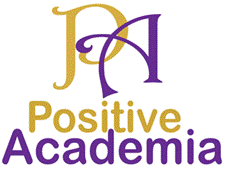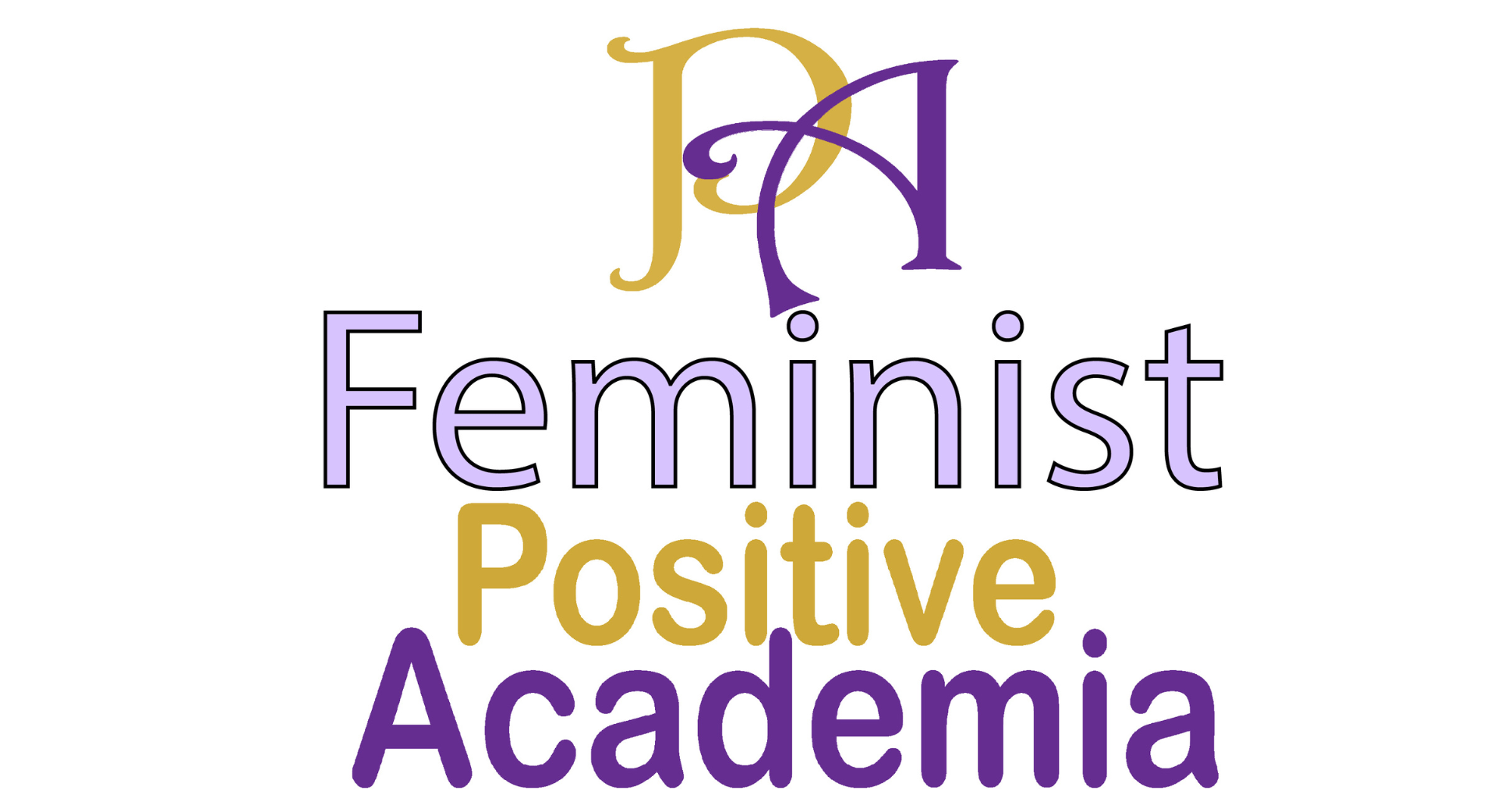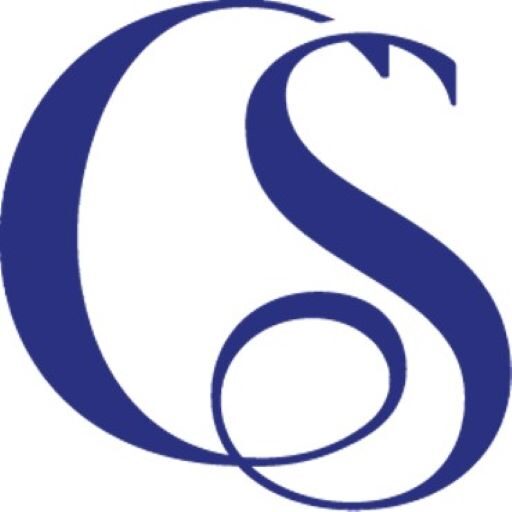
Connect with us
Why Positive Academia matters to me
For me, Positive Academia is a personal and professional mission that resonates deeply with my journey as a scientist and academic. Positive Aademia is a now a CIC (Comunity Interest Company) founded by Prof. Anne-Wil Harzing and myself. In December 2024 Anne-Wil and I celebrated three years of Positive Academia! Our collaboration has been a transformative, intertwined synergy of two academics at distinct stages of their careers, united by friendship, deep trust, and a shared vision of a kinder, more inclusive academic world. You can read the full story here:
Celebrating a Synergy of Passion: Reflecting on Three Years of (#)Positive Academia
Having navigated the challenges of scientific research and business studies in academia, I have experienced and witnessed the pressures that academics—i.e., researchers and teachers—face. I believe in fostering a supportive environment where the individual scholar comes first, allowing them to thrive personally and professionally.
My passion for crafting and cultivating a positive academic environment stems from my extensive experience working in high-pressure industry and academic settings. I have transitioned from scientific research and development for multinational companies to academia, engaging in change-making projects in both sectors for several years. We cannot deny that navigating our academic careers in highly competitive and often quite isolated neoliberal institutional environments is challenging. In these environments, we need to shift and reinforce collaboration and mutual support to nurture a culture where we all, individually and collectively, can flourish.
What drives me is the belief that #EveryLittleActionCounts. Whether it is supporting PGRs or ECRs, promoting well-being in the classroom, or encouraging positive social media practices among scholars, I have dedicated my work to building a space where academics feel valued and empowered. All these little actions are about embracing diversity, fostering meaningful collaborations, and ensuring that our contributions are recognized. Since co-founding Positive Academia with Anne-Wil Harzing, I have been actively engaged in research, teaching, and community-building efforts aimed at creating a more positive academic environment. My work includes guides on well-being activities, social media use, and interconnected learning in teaching, as well as various events and talks that bring together diverse voices to share insights and support one another.
Ultimately, Positive Academia matters to me because it aligns with my vision of what the academic world should be: a place of innovation, kindness, and meaningful, shared individual and collective contributions. To me, it is about leaving a legacy that future academics can build upon, fostering spaces where everyone’s contributions are recognized, no matter how big or small, and celebrated. Our journey is not just about transforming academia for today, but ensuring that the values of positivity, collaboration, and well-being are embedded in the academic cultures of tomorrow.
Positive Academia campaigns & projects created by Christa Sathish
#EveryLittleActionCounts (2024 - present)
In January 2024, I created the #EveryLittleActionCounts campaign as a cornerstone of Positive Academia because I believe that transformative change begins with small, intentional steps. Academia often feels like a place of immense pressure, competition, and isolation, but I see it as an opportunity to foster a more inclusive, supportive, and empowering environment. This campaign is my way of reimagining what academia can be—a space where every voice matters, every action has value, and every individual feels seen and heard.
The idea behind #EveryLittleActionCounts is simple but profound: small actions, when multiplied, create a ripple effect that can change the culture of academia. Whether it’s offering a kind word, sharing resources, mentoring a student, or simply showing gratitude, these acts collectively build a more positive and compassionate academic community.
This matters deeply to me because I’ve experienced firsthand the impact of small gestures—both given and received—that have lifted me during challenging times and inspired me to keep striving for more. I want to pay that forward and encourage others to do the same.
Positive Academia is more than a philosophy; it’s a movement to cultivate inclusion, collaboration, and kindness in all corners of academia. Through #EveryLittleAction, we hope to inspire others to take meaningful steps toward this vision, showing that together, we can create an academia that thrives on shared humanity and collective growth.
Follow our campaing #EveryLittleActionCounts on LinkedIn
Posted EveryLittleActions January 2024 - Present
Visit #EveryLittleActionCounts
Click Here
#FeministAcademia (2025 - present)

Building Positive Academia through a feminist lens
In academia, we often encounter environments shaped by competition, exclusion, and hierarchy that can hinder the flourishing of collaboration and care, inclusion, and networks. It’s time to challenge these norms and reimagine academia as a space that uplifts, nurtures, and empowers. Christa Sathish, a passionate advocate for feminist perspectives in her research and teaching, has created and launched this campaign to drive this transformation.
Through #FeministAcademia – a complement to the #EveryLittleActionCounts initiative (launched by Christa Sathish) and the #PositiveAcademia initiative (launched by Anne-Wil Harzing) – we enhance the development and nurturing of Positive Academia as a transformative vision for academia. This vision emphasises intersectionality, gender equality, collective action, empowerment and autonomy, and social justice. Feminism teaches us that power is not finite, success is not individual, and the stories of those on the margins hold profound wisdom to help us shaping a better future.
This campaign uses weekly fables to reimagine academia as a zoo – a place where structures, hierarchies, and behaviours can be critiqued and reshaped. I would like to take this opportunity to highlight two of my dear CYGNA sisters, Axèle Giroud and Martyna Śliwa. I had a wonderful discussion with them about the academic zoo and safari during our Cumberland Lodge event in 2024, which inspired me to walk the talk.
Our weekly allegories explore and promote feminist practices such as:
- Collaboration over competition: building networks of mutual support and dismantling hierarchies that privilege the few.
- Care as a core value: prioritising well-being and challenging the myth of endless productivity.
- Equity in opportunity: addressing systemic barriers to ensure every voice can grow and thrive.
- Reimagining power: moving toward collective, inclusive decision-making that empowers all.
Our campaign is not just about telling stories – it is a call to action. Each fable challenges us to reflect on the structures we inhabit and inspires us to imagine and build new ones. #FeministAcademia envisions an academic world where every contribution is valued, no one is excluded, and the future is shaped collectively.
Join us on this transformative journey. Together, we can weave a new web for academia – one strong enough to hold us all!
Follow our campaign #FeministAcademia on LinkedIn
Posted Feminist Academia Fables - January 2025
Visit #FeministAcademia
Click Here
Positive Academia Events
International Women's Day 8th March 2024
On this International Women’s day, let’s amplify the voices of women everywhere. Let’s uplift their stories, celebrate their achievements, and champion their rights. Together, let’s create a world where every woman’s voice is heard, valued and respected. Happy Internationa Women’s Day! #AmplifyWomen, #IWD2024
22nd November 2023 - “Creativity, Collaboration and Co-Creation: Building Positive Networks”
We warmly invite you to join other Postgraduate Researchers (PGRs) and Early Careers Researchers (ECRs) in this onsite event at the University of Westminster, Marylebone Campus, London.
This event is designed to foster debates and conversations that support your Postgraduate or Early Career Research journeys. The aim is to facilitate creative approaches to research and collaborative learning, helping us understand how to build positive relationships and co-produce knowledge that address challenges in the complex research, teaching, and organisational cultures that we navigate. Additionally, this event will be a great opportunity to find and develop collaborative relationships and micro-support systems within the Positive Academia Network for PGRs and ECRs. By participating, you will pioneer a unique global support network designed to make positive differences to universities worldwide.
Positive Academia Resource Bulletin
We are the provider of the Crafting & Cultivating Positive Academia Resource Bulletin and encourage everyone to subscribe to our Positive Academia JISC List in order to receive the latest news about our activities and high quality information that will help you to make a positive difference in and for your university.
Resource Bulletin: Edition #4 - PGR Support
Our fourth edition is dedicated to positively supporting PGRs.
Resource Bulletin: Edition #3 - Creativity in Academia
This month’s edition is dedicated to Creativity in Academia.
Resource Bulletin: Edition #2 - Diversity in Academia
This month’s topic is dedicated to -We Are All Different-
Resource Bulletin: Edition #1 -We are all connected
This month’s topic is dedicated to “Happiness is a good flow of life” – Zeno
Resource Bulletin: Edition #1 - We are all connected
This month’s topic is dedicated to “Happiness is a good flow of life” – Zeno
Supporting Inclusion in Academia
CYGNA: The Power of neurodiversity
Our 55th CYGNA meeting was our first transdisciplinary, open-to-all event and featured the SWAN project celebrating the unique strengths of neurodiversity in academia
The SWAN project
This project created two swans reflecting CYGNA’s equal, inclusive, collective identity and the diversity of the network and its members.
When inclusion becomes exclusion: The problems of the label ‘disability networks’
In this reflective this blog post I aim to start the conversation of how ‘disability networks’ are labelled in universities. I am drawing on Armstrong’s (2010) book ‘the power of Neurodiversity’, which focuses on seven conditions: ADHD, autism, dyslexia, mood disorder, anxiety disorder, intellectual disability, and schizophrenia. Armstrong (2010) defines neurodiversity as a world comprising forms of natural human differences, which were previously referred to as mental disorders of neurological origin.

